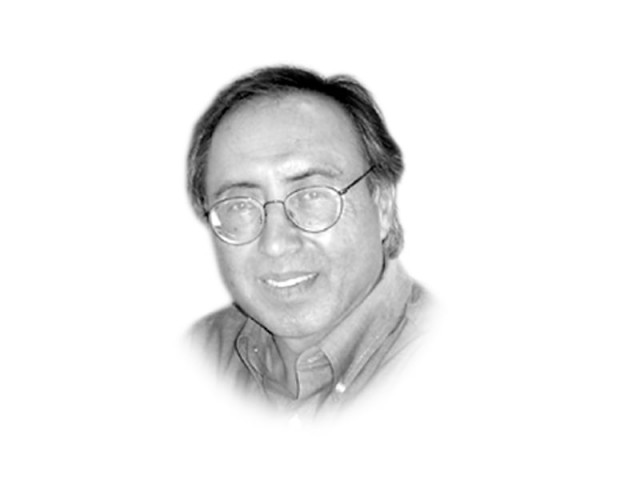Withering writ of the state
With this ‘revolutionary’ tradition, Pakistan will remain unstable, ungovernable, vulnerable to such marches.

A state’s strength or weakness is associated with three of its relationships: with the society, constitution and structures of governance. Over the past several decades, on all these counts, the authority of the state has shrunk horizontally — over the borderlands —and vertically — application of rules and laws over the population. It is only responsive, responsible and rule-bound behaviour of the governments that establishes, nurtures and sustains these vital relationships. No government of the past or present has taken serious and bold steps to bring reforms in these areas. On the other hand, vested interests that benefit from the chaotic, unstable social and political conditions have grown so powerful that every effort to reform is resisted and thwarted.
The failure is collective, has been going on unchecked and all governments of the past and present are responsible. The mess that Pakistan is in today, in every area of national life, is so big that no government, no matter what its mandate and how long it works, can clear it on its own. It will require stability and cooperation and goodwill of other political parties. Sadly, neither that national spirit, nor the inclusive approach to work together exists among the leaders of political factions. Everyone knows what the problems of Pakistan are, and we know how to solve them. But it is the divisive, polarised and no-holds-barred politics and questionable character of a wide array of political actors that prevents us from moving forward. For this and many other reasons, Pakistan continues to remain hostage to its problems; unable to free itself.
If we put the conspiracy theory on the side and take the statements of Imran Khan and Tahirul Qadri on their face value, their frustrations with the political ‘system’ are understandable. Nor is their critique of the traditional ruling groups off the mark. Apart from their rhetoric and questionable tactics to pull the government down by not-so-non-violent means, the issues they are raising cannot be easily dismissed.
What is questionable and condemnable is their approach to seeking ‘liberation’ and bring about a ‘revolution’. No any other two leaders or parties in our history have been given so much media attention and live telecast facility ever. Both have used the microphone to demolish every institution of the state — the Parliament deemed a house of thugs and robbers, the government illegal, police forces personal servants of the prime minister, electoral process rigged, judiciary partial and media bribed. What is left in the state to stand the test of their view of law and political morality? Nothing. The media glare for such long hours and for so many days has also given the public a full view of their own character, values, claims of independence, hunger for power and true or false political beliefs.
The ‘crisis’ has discredited every institution. If the protesters succeed in pulling down the government, which one in future will be able to stand the protests? With this ‘revolutionary’ tradition, Pakistan will remain unstable, ungovernable and vulnerable to many of such long and short marches.
Published in The Express Tribune, September 3rd, 2014.
Like Opinion & Editorial on Facebook, follow @ETOpEd on Twitter to receive all updates on all our daily pieces.
















COMMENTS
Comments are moderated and generally will be posted if they are on-topic and not abusive.
For more information, please see our Comments FAQ